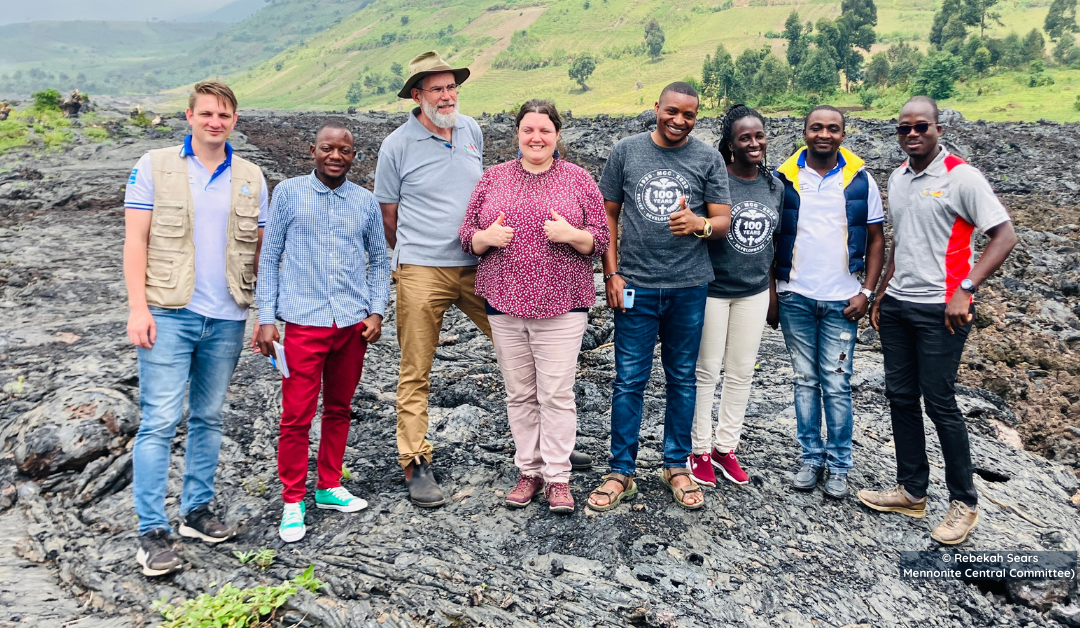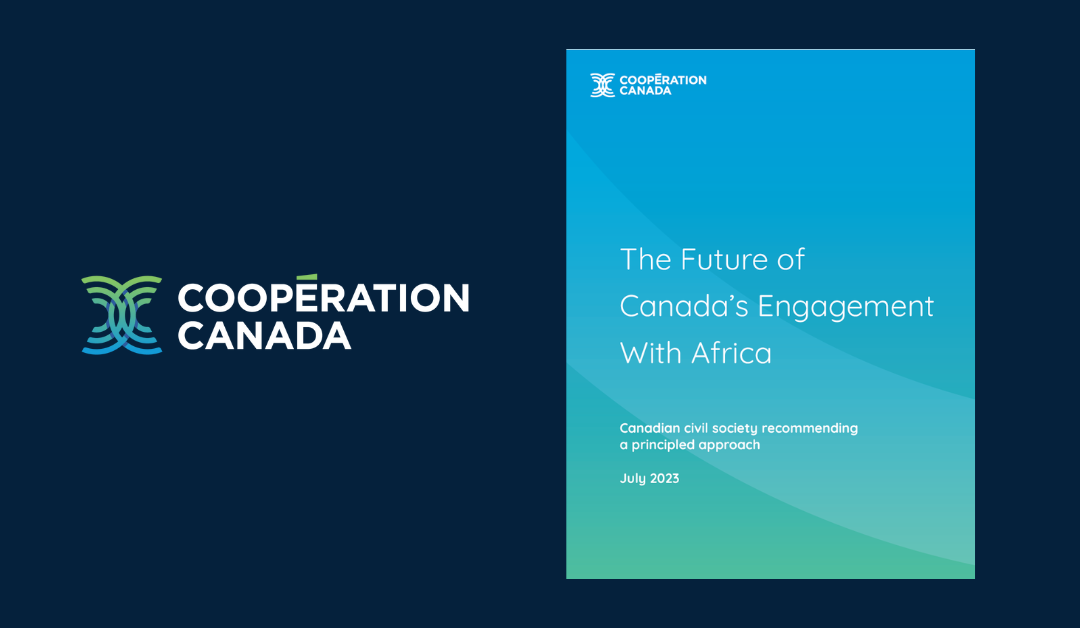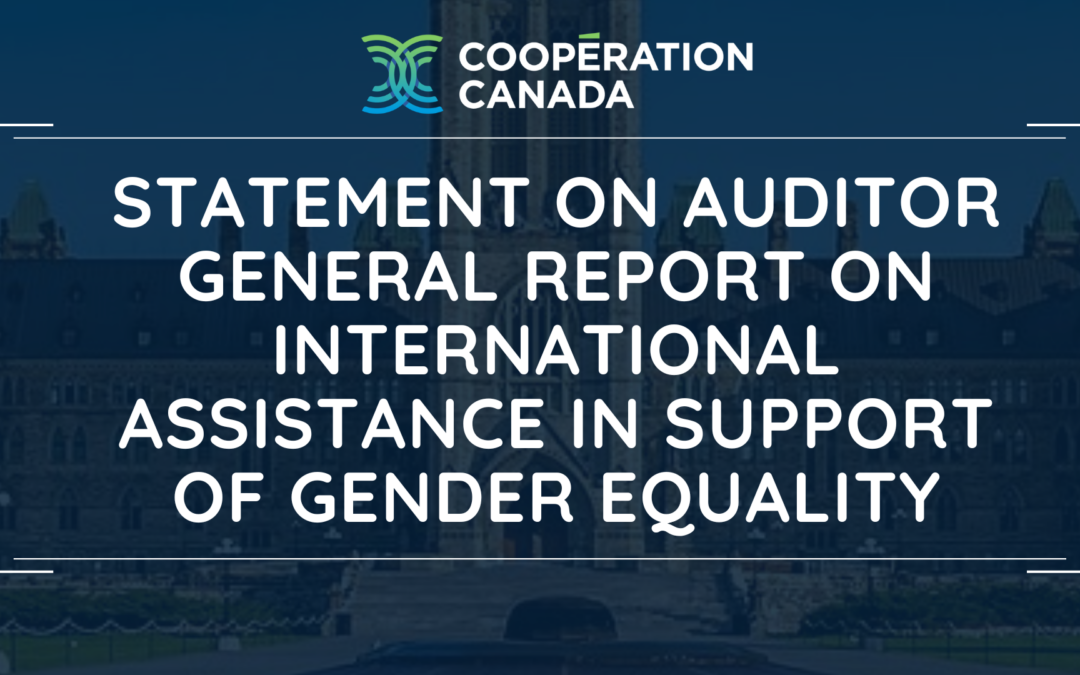Development Effectiveness
The development co–operation landscape is facing profound headwinds, from growing inequality to escalating conflicts compounded by climatic shocks. Development actors increasingly recognize the failure of traditional assistance models and the need to recommit to the foundational principles of effective development cooperation, namely country ownership, focus on results, inclusive development partnerships, and transparency and accountability.
Cooperation Canada engages its membership and political actors on those principles, seeking to improve the quality and quantity of Canada’s international assistance.

Related articles

“There Is No Development Without Peace”: Perspectives from Eastern Congo
This story is part of Cooperation Canada’s Triple Nexus Spotlight Series The village of Shasha, a little to the west of Goma, Democratic Republic of the Congo, illustrates well the integration of humanitarian, development, and peace work.

The Future of Canada’s Engagement with Africa
In recent months, Cooperation Canada and its members have actively engaged in conversations with Global Affairs Canada and other political actors about relationships between Canada and Africa, seeking to contribute to the redefinition of the rules of our engagement with and on the African continent.

Civil Society Policy Recommendations and Cooperation Canada’s Engagement Ahead of the 2023 G7 Summit in Japan
In the lead-up to this year’s G7, Cooperation Canada is working with civil society actors and the Canadian government to ensure constructive dialogue with G7 countries.

Cooperation Canada Statement on Auditor General of Canada Report on International Assistance in Support of Gender Equality
Today the Auditor General of Canada released the Report on International Assistance in Support of Gender Equality.The report focused on bilateral development assistance programming from 1 April 2017 to 31 March 2022, which represents an average of $3.5 billion per...
